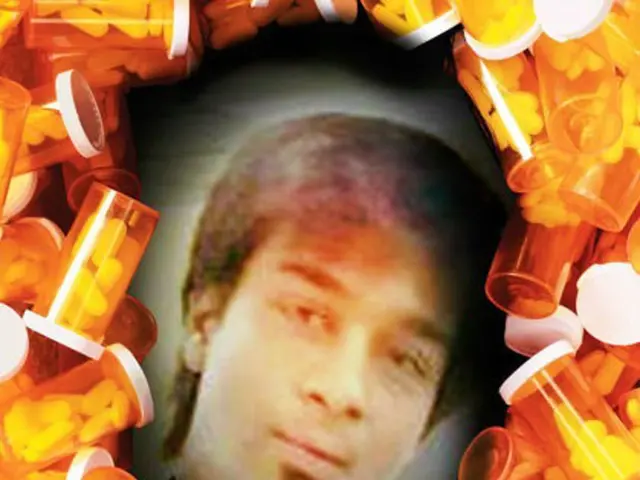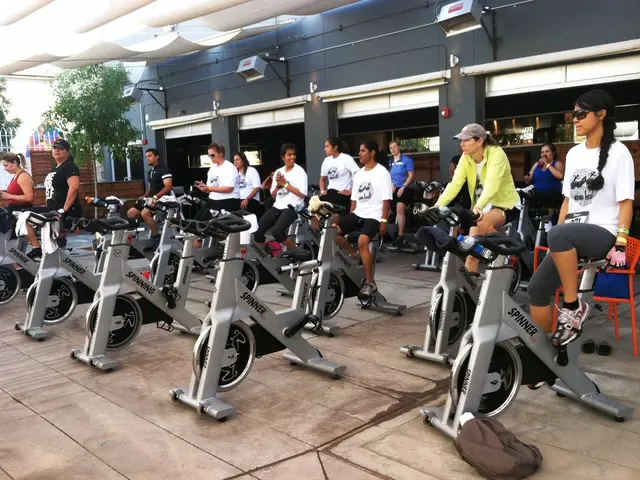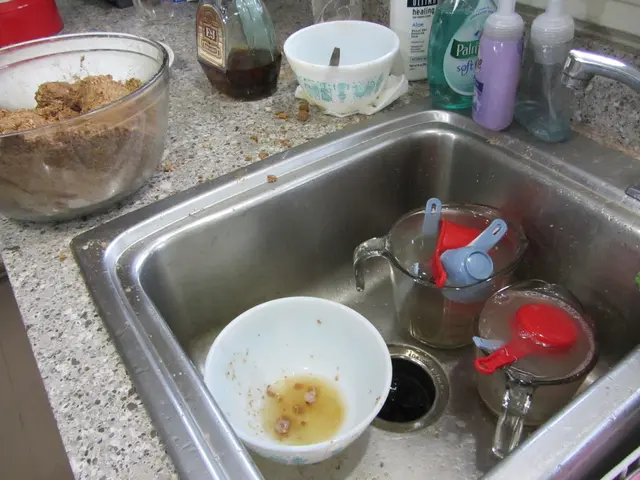Ask Yourself: Could You Save a Life? Health Minister Advocates for Organ Donation
- Urgent Appeal: Life-saving Power of Organ Donations
Here in the heart of Hesse, there's a crucial matter that touches us all: the insufficient number of organ donors. Ever found yourself pondering...you or a loved one might one day need a life-saving organ. Say Health Minister Diana Stolz (CDU)—it's a possibility worth considering.
In the realm of Hesse, roughly 627 individuals are currently gaming the wait-and-pray game, hoping for a donor organ, as reported by the very ministry Stolz serves. Fast-forward to the first five months of this year, and we've seen a measly 26 organ donations in Hesse, a stark drop of eleven compared to the same period last year, according to the German Organ Transplantation Foundation (DSO).
To Stolz, presumed consent might be just the ticket to get more folks on board the donor train. Mark your calendars for June 7th, the nationwide day of organ donation, and let the life-saving begin!
- Hesse
- Organ Donation
- Healthcare Revolution
- Wiesbaden
- CDU
Diving Deeper:
- Germany's Headcount: In Germany, more than 8,100 people are waiting for donor organs[2].
- Number Crunching: Specific numbers for organ donations in Germany or Hesse remain elusive in the search results.
What Could Push the Needle?
- Educational Blitzes: Spreading the word about the urgent need for organ donations can rocket registration and consent rates.
- Presumed Consent: Some nations implement presumed consent models, assuming individuals to be potential donors unless they opt-out. This strategy can dramatically boost donation rates.
- Donor Incentives: In certain instances, doling out compensation or rewards to living donors could stimulate more donations.
- Streamlined Healthcare System: guaranteeing a smooth donation process for the healthcare system is key.
Hesse: Digging Deeper
Though specific Hesse policies are yet to be scrutinized, German trends point towards heightening public awareness, optimally supporting the donation process within the healthcare system, and considering presumed consent models as strategic moves.
- In the mission to revolutionize healthcare in Hesse, one could propose the inclusion of community policies that advocate for organ donation, emphasizing vocational training programs for medical professionals to ensure a streamlined and efficient donation process.
- To better address the urgent need for organ donors in Hesse and throughout Germany, it would be beneficial to incorporate health-and-wellness education in vocational training curriculums, focusing on science-backed awareness of organ donation, along with therapies-and-treatments and nutrition guidelines for potential donors and recipients.







